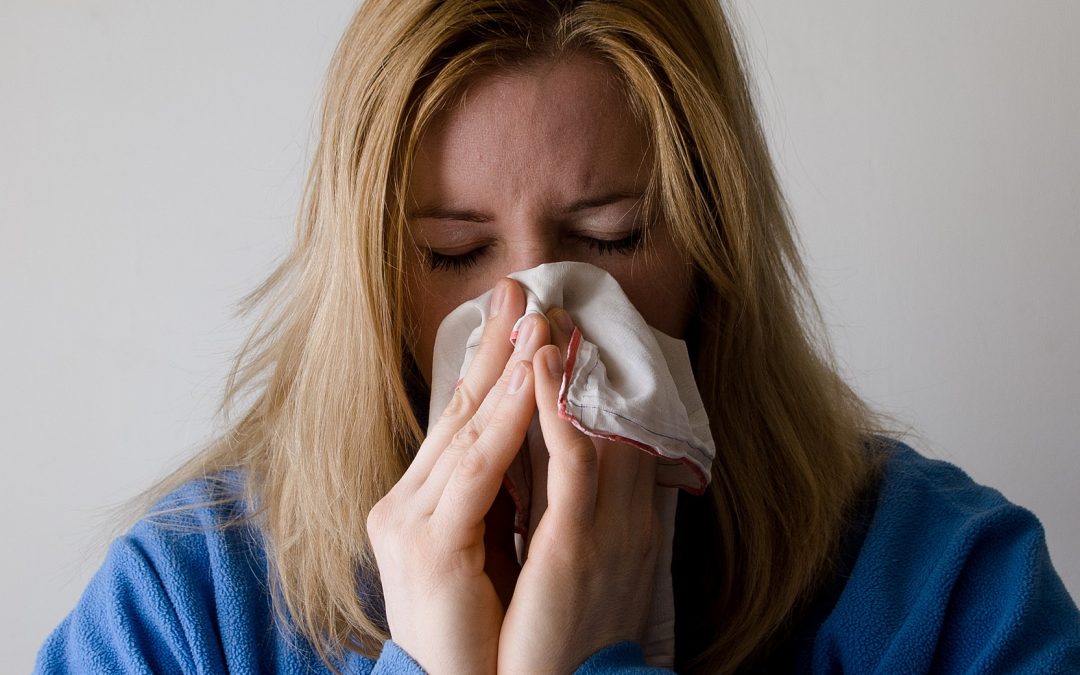Orlando, Fla. — Perhaps you are asking yourself what it is. The flu is a super-contagious virus that can make you feel miserable. Doctors call it influenza. Its symptoms are usually more serious than the sneezes and stuffy nose that you tend to get from a common cold.
You may start to feel bad quickly instead of over time with symptoms like a high fever, headache and muscle aches, cough, sore throat, and tiredness. You also might have a runny or stuffy nose, chills, headache, and nausea or vomiting.
Most symptoms usually get better after about five days, but sometimes they can last for a week or more. Even if your fever and aches are gone, you can still feel drained for a few weeks.
You can catch it when someone who has it sneezes or coughs, sending virus-filled droplets into the air that you breathe in. You can also get it if you touch somewhere that the virus landed and then touch your mouth, nose, or eyes. Flu is more common in winter because people spend more time in close contact with each other, so the virus can spread easily.
If you get it, you should get lots of rest and drink plenty of clear fluids — water, broth, and sports drinks so you don’t get dehydrated. You can also try a humidifier or saline spray to help with a stuffy nose and gargle with salt water for a sore throat.
The antiviral treatment are prescription pills that work best if you take them within the first 48 hours of feeling bad. The medicine can make your symptoms less severe or shorten them 1 or 2 days. Antiviral drugs include oseltamivir (Tamiflu), peramivir (Rapivab), or zanamivir (Relenza.) Even after 48 hours, they can still help those who have a bad case of the flu, are over 65, or have a weak immune system.
Pain medicine such as acetaminophen, ibuprofen, or naproxen might ease a fever and body aches, decongestants can help with a stuffy nose and cough medicine or drops can help calm your hacking. Always consult your primary doctor, if any of these medicines may be right for you. Keep in mind that antibiotics don’t treat a virus like the flu. The only time they may help is if you also get a bacterial infection such as sinusitis, bacterial pneumonia, or an ear infection.
Vaccination is the best way to stay healthy. The vaccine helps your body to recognize influenza and fight it. Because the virus changes from year to year, you need a new vaccine before the start of each flu season in the fall. The vaccine cannot give you the flu. It can keep you from getting the illness or help keep your symptoms mild if you do come down with it.
To avoid the flu, you can take some other simple steps to dodge it. Try not to touch your eyes, nose, and mouth, because germs are spread that way. Wash your hands often with soap and water. Or use an alcohol-based hand sanitizer when soap and water aren’t around.
If you get sick, you can keep other people from getting the flu by staying away from them. Cover your mouth and nose when you cough and sneeze, too. If you don’t have a tissue handy, the inside crook of your elbow is a great place to do it, so you don’t get germs on your hands.
Most people recover after a few days without problems. But some get conditions like pneumonia, bronchitis, or sinus and ear infections. People who already have problems like asthma or heart failure may get sicker.
It is important to get emergency medical help right away if you:
— Have trouble breathing or feel short of breath
— Feel pressure or pain in your chest or stomach
— Are dehydrated
— Feel confused
— Can’t stop vomiting

